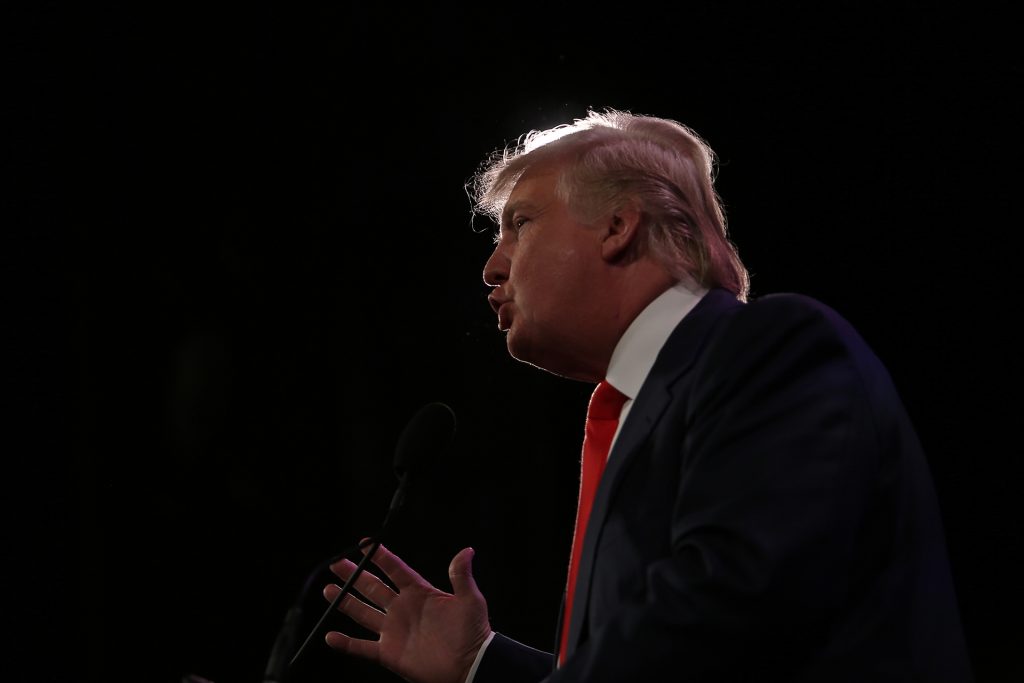We live in a time of global turbulence, with unrest and conflict ever-brewing. A functioning U.S. State Department helps the U.S. navigate this turmoil, negotiating and overseeing major efforts for peace and stability. North Korea’s nuclear weapons, Syria’s civil war, Russian interference in elections around the world — all of these situations require brilliant, dedicated career diplomats to negotiate, investigate, and provide intel to the U.S. government.
Despite this tremendous need, the State Department is not acquiring new talent. It isn’t even holding on to experienced diplomats who have spent years of their lives in service to this country. There is a mass exodus from the State Department forming under President Trump and Secretary of State Rex Tillerson, and things are only getting worse.
RELATED: Editorial: Merkel leads ‘free world,’ it becomes clear
Diplomats bring decades of experience with them in foreign cultures, languages, and policies. They bring expertise in the areas of socio-politics and global aid. Diplomats coordinated the response to the Ebola outbreak. Diplomats know the ins and outs of negotiations with North Korea. They know the networks of information that help Syrian civilians evacuate and escape active battlefields. They are a crucial part of global security.
But now, they’re being driven out in record numbers. It started with the Trump administration’s proposed budget cuts, slashing the State Department’s budget by one-third. In the following months, Tillerson has made it his mission to push out as many diplomats as possible through internal pressures, budget cuts, and the offering of severance packages. Around the world, the U.S. is bowing out of diplomatic negotiations — allowing other big players to step up and take our place.
RELATED: Guest Opinion: Iowa towns vulnerable if President Trump goes nuclear
This attack on diplomats is not a surprising one from the Trump administration, already at war with competent intellectuals. The vacancies left by experts in their fields are filled with yes-men, political cronies, or no one at all. What we are left with is a world without U.S. leadership. While this might sound appealing on the surface, the potential consequences must be evaluated. When the U.S. retreats, the local players don’t get more autonomy. Rather, a different global power steps in to broker agreements and oversee diplomacy — in this case, China. It wields massive economic and political influence, rendering it a country without real accountability to the global community or its people. The only real check on Chinese ambition in the global arena is the United States.



